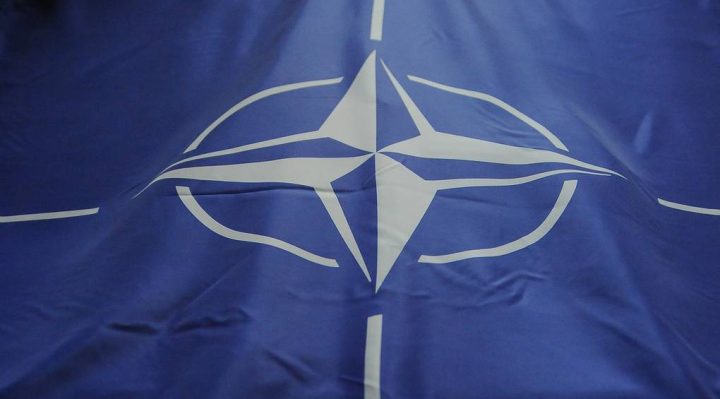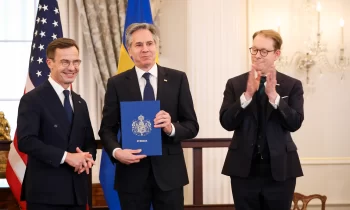Dutch Admiral Rob Bauer, who chairs the NATO Military Committee, said he currently saw no indication that Russia may be planning an attack on any NATO country.
“There is no indication that Russia is planning to attack any NATO member state. I do not think there is a direct threat,” The Baltic Times quoted Bauer as saying.
However, he claimed that Russia’s ambitions “go beyond Ukraine.” We know that, so the Alliance as a whole needs to be more prepared,” he emphasized.

The North Atlantic Alliance can trigger its Article 5 only in the event of a direct attack, he reminded the media outlet.
Russian President Vladimir Putin assured the Russian Defense Ministry at a board meeting on December 19, 2023 that Moscow was never going to attack NATO countries in the past nor does it intend to in the future. Seeking to be the masters of the situation on the European continent, the Americans keep frightening the Europeans with the Russian threat, Putin pointed out. In his state of the nation address to the Federal Assembly, the parliament, on February 29, the Russian leader dismissed allegations that Russia might attack Europe as “nonsense.”.



